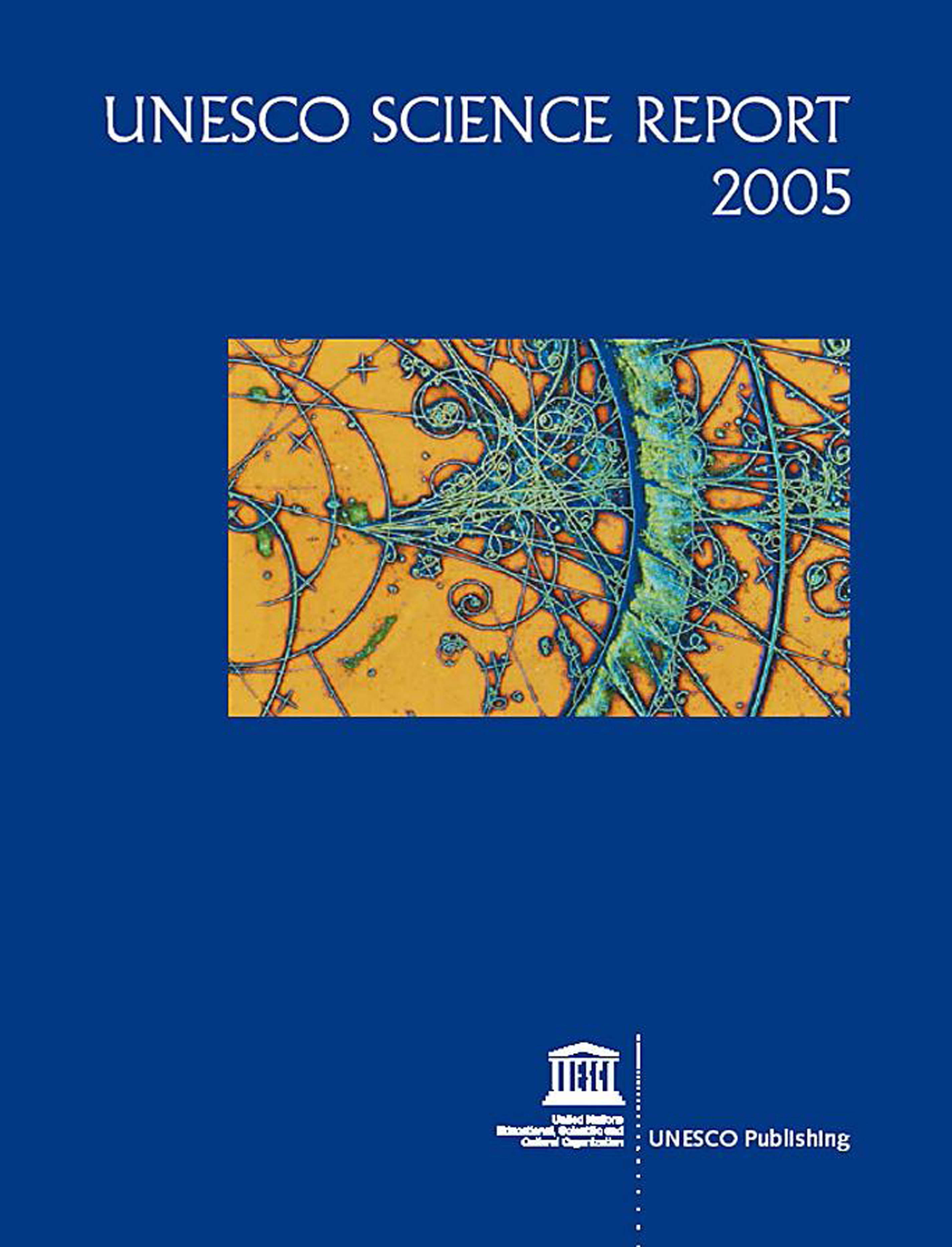- Home
- Books
- UNESCO Science Report 2005
- Chapter
South-East Europe

- Authors: Georgi Angelov, Kostadinka Simeonova and Ivo Slaus
- Main Title: UNESCO Science Report 2005 , pp 103-137
- Publication Date: July 2005
- DOI: https://doi.org/10.18356/9789210059077c007
- Language: English
For most of South-East Europe, the closing decade of the twentieth century was a time of sweeping changes and turmoil, including such atrocities as regional and ethnic wars. Today, the majority of states in the sub-region are still in the throes of a radical transformation of their political, social and economic systems set in motion by the fall of the Berlin wall in 1989. One of them, Yugoslavia, has even disintegrated into five new states. For all the countries in transition, the past decade has been marked by economic weakness and grave social problems. Only Slovenia has managed to sail through the transitional period, even succeeding in becoming a Member of the European Union (EU) in May 2004. In a reflection of its new status, Slovenia straddles both the present chapter and that on the EU (see page 87). Greece, for its part, has escaped unscathed from this period of turmoil, thanks to its political stability and membership of the EU.
-
From This Site
/content/books/9789210059077c007dcterms_title,dcterms_subject,pub_keyword-contentType:Journal -contentType:Contributor -contentType:Concept -contentType:Institution105

